House fires are a devastating event that can cause significant property damage, injury, or even loss of life. While many people think of house fires as being rare, the truth is that they occur more often than we realize. In fact, according to the National Fire Protection Association (NFPA), the U.S. sees over 350,000 residential fires each year. Understanding the common causes of house fires and taking proactive steps to prevent them can significantly reduce the risk of a dangerous blaze in your home.
1. Cooking Fires
Cooking is the leading cause of house fires in the United States. These fires typically occur when food is left unattended on the stove, in the oven, or in a deep fryer. Grease fires, which happen when hot oil ignites, are especially dangerous and can spread rapidly.
Prevention Tips:
- Always stay in the kitchen while cooking, especially if you’re frying, grilling, or broiling food.
- Keep flammable items like paper towels, dishcloths, and wooden utensils away from the stovetop.
- If a grease fire starts, never use water. Instead, cover the pot with a metal lid or use a fire extinguisher rated for grease fires (Class K).
2. Electrical Fires
Faulty wiring, overloaded circuits, or malfunctioning appliances can all lead to electrical fires. In homes with older wiring systems, the risk of electrical fires is even greater, particularly if the wiring has become worn or outdated over time.
Prevention Tips:
- Have your home’s electrical system inspected by a licensed electrician, especially if your home is more than 20 years old.
- Don’t overload outlets or power strips. Plugging in too many devices can create an overload and cause a fire.
- Replace or repair damaged electrical cords immediately, and avoid using them if they are frayed or exposed.
- Make sure smoke alarms are installed and functioning properly in every room of your home.
3. Heating Equipment
Space heaters, chimneys, and other heating devices can also be responsible for house fires, particularly in the colder months when they are used more frequently. Space heaters should always be placed at least three feet away from anything that could catch fire, such as curtains, furniture, or bedding.
Prevention Tips:
- Always turn off space heaters when leaving the room or going to bed.
- Ensure your chimney is cleaned and inspected at least once a year before using your fireplace.
- If using a portable heater, only buy models that have an automatic shut-off feature if tipped over.
4. Smoking Materials
Cigarettes, cigars, and other smoking materials are a common cause of residential fires. These fires can start when a cigarette is discarded improperly, such as being thrown onto a pile of dry leaves or left in a flammable area.
Prevention Tips:
- If you smoke, always make sure to fully extinguish cigarettes before discarding them.
- Never discard cigarette butts in a trashcan, especially if the trash is flammable.
- Install smoke alarms in all areas where people smoke.
5. Flammable Materials and Hazardous Products
Flammable liquids, such as gasoline, paint thinners, and solvents, can easily catch fire if not stored properly. Likewise, improper use of flammable cleaning products or other chemicals around heat sources can lead to dangerous fires.
Prevention Tips:
- Store flammable liquids in tightly sealed containers in well-ventilated areas away from any heat sources or open flames.
- Read and follow all instructions on cleaning products and chemical containers to ensure safe use.
- Never store gasoline or other fuels inside the home or in an attached garage.
Conclusion
House fires can happen unexpectedly, but by taking proactive steps to prevent common fire hazards, homeowners can significantly reduce the risk. Regular maintenance, safe practices, and vigilant awareness of fire dangers are key to keeping your family and home safe. Make sure your home is equipped with working smoke detectors and a fire extinguisher, and always have an emergency plan in place.
If you do experience a house fire, it’s essential to act quickly in mitigating further damage. For fire damage restoration needs, Florida Gulf Mitigation is a trusted name to help you with professional restoration services. Our team of experts is equipped to restore your home efficiently and safely, bringing it back to its pre-fire condition. Don’t wait—get the assistance you need to recover from a fire and protect your property. By following these safety tips and being proactive, you can help protect your home from the threat of fire while knowing help is available should you need it.

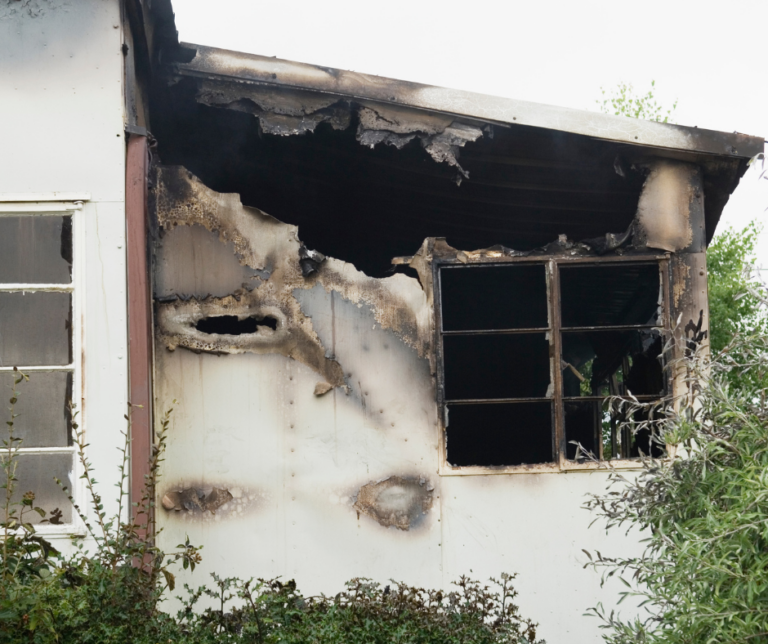
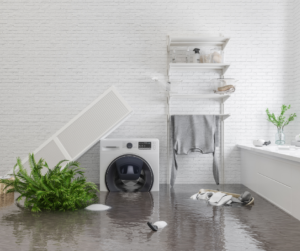
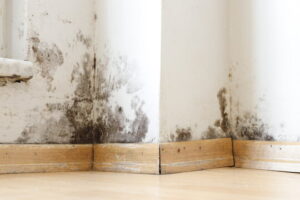
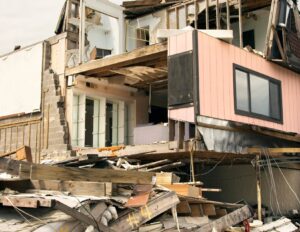
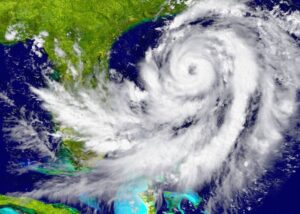

Give us a follow!